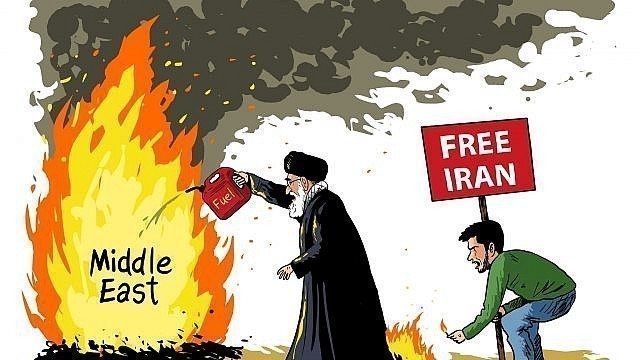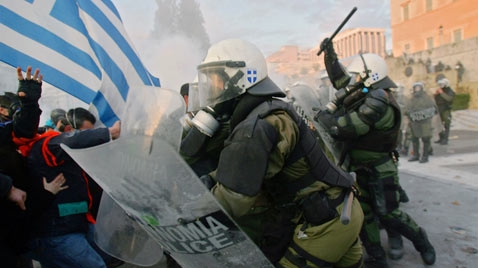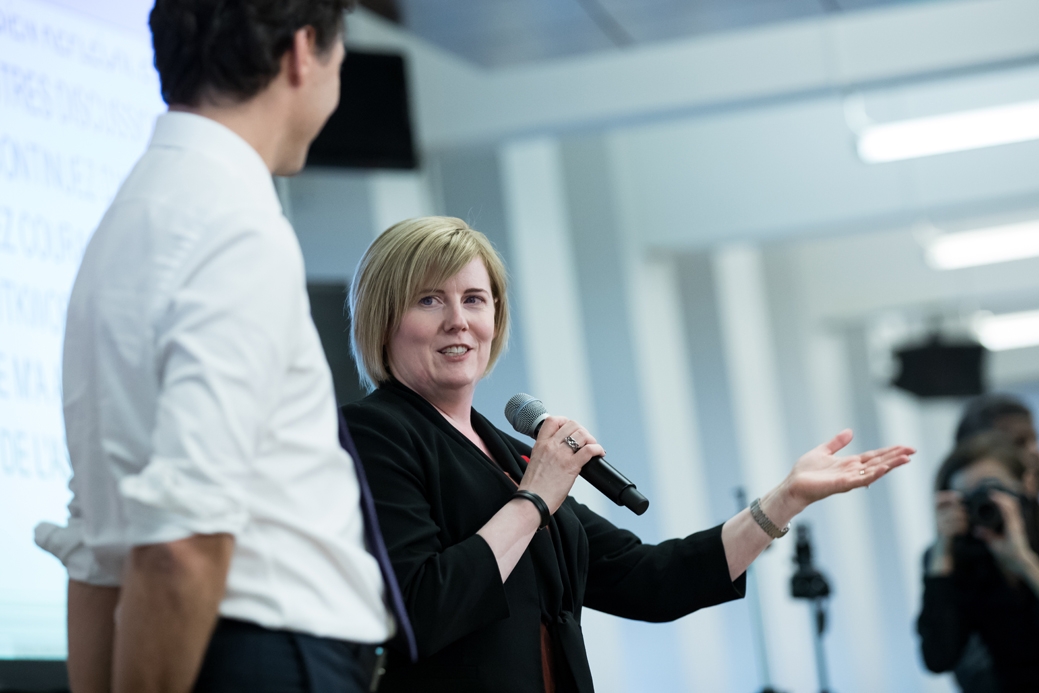
The costly ‘mistakes’ of war: Neither war nor sanctions are solutions in Iran
By Leila Alikarami
I was surprised to meet Ghanimat Azdari in Geneva last June. When I was asked to speak at a gathering of the UN Office of the High Commissioner for Human Rights’ Indigenous Fellowship Programme, I did not expect one of the fellows to be an Iranian like myself. She was a young woman from the indigenous Qashqai community, and despite the obstacles she had most certainly faced on her way, she was at the top of her field.
She told me about her work promoting biodiversity and that she was headed to Canada for her PhD. So talented and ambitious was the impression she left me with. I was heartbroken to find Ghjanimat’s face among the victims of the Ukrainian Airlines flight 752 that crashed in Iran, on January 8, 2020.
After days of denial, Iran’s armed forces finally admitted that it mistakenly shot down a Ukrainian passenger jet, blaming human error and "U.S. adventurism" for the crash that left 176 people dead.
“Mistakenly.” That word seemed to so casually gloss over what happened to Ghanimat. But the more I think about it, the more I realize that “mistakenly” is the word that has always been used to describe what happened to Iranians over decades of U.S.— Iranian tension: years living under the war, sanctions, political repression and threats of more war.
I was born on the cusp of the most consequential social and political transformation in twentieth-century Iranian history: the 1979 Revolution. Instead of enjoying the inheritance of equality, bequeathed by the generations of Iranian women before me, I was confronted with one of the bloodiest wars in recent memory: the Iran–Iraq War.
Eight years of war have shaped nearly every memory I have from my childhood. I remember the rations. I remember rushing out of Tehran to escape air raids and missiles. I remember the moment my dad was leaving us to return to the city with the fear of not coming back. I remember the worry in his conversations with my mother. I remember my aunt mourning her young son who was martyred in the war. I remember, on July 3, 1988, two missiles fired from a frigate, the USS Vincennes, that shot down passenger plane Iran Air flight 655, apparently mistaking it for a fighter aircraft, in Iranian waters and killing all aboard.
During the war, the Iranian government did not tolerate any kind of criticism and opposite views. Freedoms were severely restricted. Thousands of political prisoners were executed during the 1980s. The country was at war and therefore anything could be justified. The world did not pay much attention to these cruel human rights abuses either. The reason seemed obviously clear: the country was at war, what else could dominate international headlines and concern?
Iran-U.S. tensions have claimed the lives of many Iranian in many different ways.
The Iran-Iraq war continues to claim lives with landmines left over from those years, which kill dozens of men, women and children every year. Landmines that have ‘mistakenly’ not been removed from contaminated areas over two decades later.
The Iranian government, still under the pretext of defending national security, has imprisoned thousands of women, students, political activists, workers, teachers, journalists, artists and human rights defenders simple for expressing dissenting views. And when one of these prisoners dies under torture, as many have, it is always called a ‘mistake.’
The U.S. invaded Iraq and as the international community shifted its attention to the nuclear issue, a new round of tensions emerged, with its own cruelties. The U.S. imposed harsh sanctions that have driven economic hardship for nearly every Iranian and caused severe shortages of life saving medicines. But all this is seen as an unintentional outcome of maximum pressure. A mistake, in other words.
We thought the Iran Deal would bring some economic relief, but that hope has been thwarted by the United States. Life under U.S.-sanctions and the imminent prospect of war has created a canopy of desperation and fear stretching over our entire country.
Now, we witness an unprecedented increase in the war posturing on both sides. All Iranians watch helplessly, as the U.S. illegally trades assassinations for missiles attacks. We wonder what will be next.
We wonder if the international community has already forgotten about the hundreds of Iranians that security forces killed during street protests last November.
We wonder if this round of violence is really done. We pray for our neighbours in Syria, Yemen, Afghanistan and Iraq.
So many ‘mistakes.’ so many needless deaths. We hear the Iranian and U.S. governments both claim they are defending Iranian lives. We no longer know friendly fire from foe. And for Ghanimat Azdari and the victims of flights 752 or 655, it hardly matters.
U.S.-Iranian tensions need to end. For us, neither war nor sanctions are solutions. It seems every country in the world knows this, but few are pushing to make it happen. All we hang our hope on is for diplomacy to prevail.

Leila Alikarami is an Iranian lawyer and human rights advocate. She was an active member of Iran's One Million Signatures campaign, which collects signatures in support of changing discriminatory laws against women. In 2009 she accepted the RAW in War Anna Politkovskaya Award on behalf of the women of Iran and the campaign.









